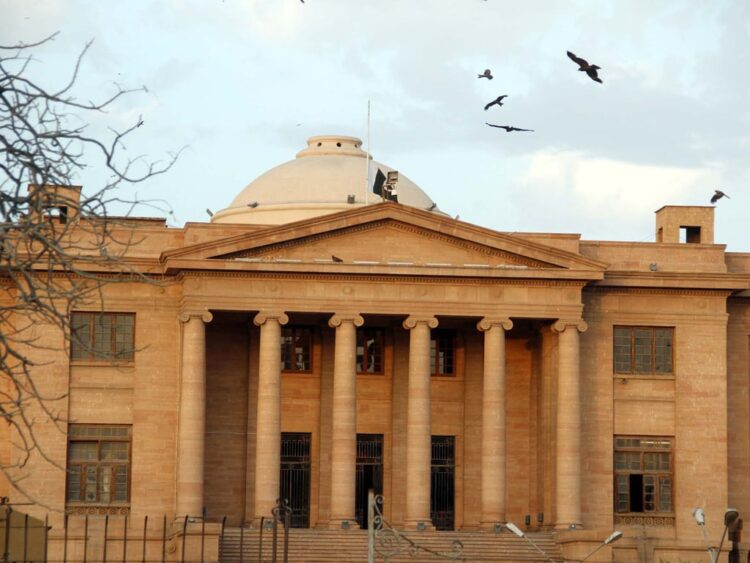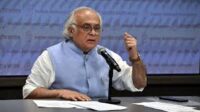In a recent development, the Ministry of Law and Justice has issued directives to the Privatization Division, emphasizing the critical importance of closely monitoring the KES Power and K-Electric case pending in the Sindh High Court.
The ministry, in an office memo dated August 30, has instructed the legal counsel of the Privatization Division to actively pursue the continuation of a stay order regarding changes to K-Electric’s (KE) board of directors. This legal proceeding has arisen due to a dispute over the legitimacy of the sale of shares to AsiaPak by the Infrastructure and Growth Capital Fund (IGCF), involving KE’s shareholders.
In October 2022, the Sindh High Court had issued an interim order that prevented any alterations to KE’s board composition without the consent of its principal shareholders, namely Al-Jomaih and NIG Holdings of Saudi Arabia and Kuwait, respectively. This order followed IGCF’s announcement of the sale of shares to Sage Ventures, a company fully owned by Sharhyar Chisty’s AsiaPak Limited.
In response to this, IGCF initiated legal proceedings in the Cayman Islands to wind up KES Power.
The Ministry of Law has also advised the Privatization Division to seek guidance from the International Dispute Unit (IDC) at the Attorney General’s office in Islamabad, potentially involving foreign counsel to determine the appropriate course of action.
Of significant concern is the fact that the Government of Pakistan, through the President’s office, owns 24.36 percent of KES Power shares, which grants it representation on the Board of Directors. The attempt to wind up KES Power by shareholders may potentially undermine any agreements between the government and KE, allowing the sale of KE shares without government consent and bypassing the national security clearance requirement. This presents substantial foreign policy risks and raises concerns about KE’s liabilities, which have been a key obstacle to its acquisition by Shanghai Electric Power for the past seven years.
The official from the Law Division anticipates that the legal battle between shareholders will continue in the courts until its legitimacy is conclusively determined, adding further complexity to this intricate and strategically significant matter.






